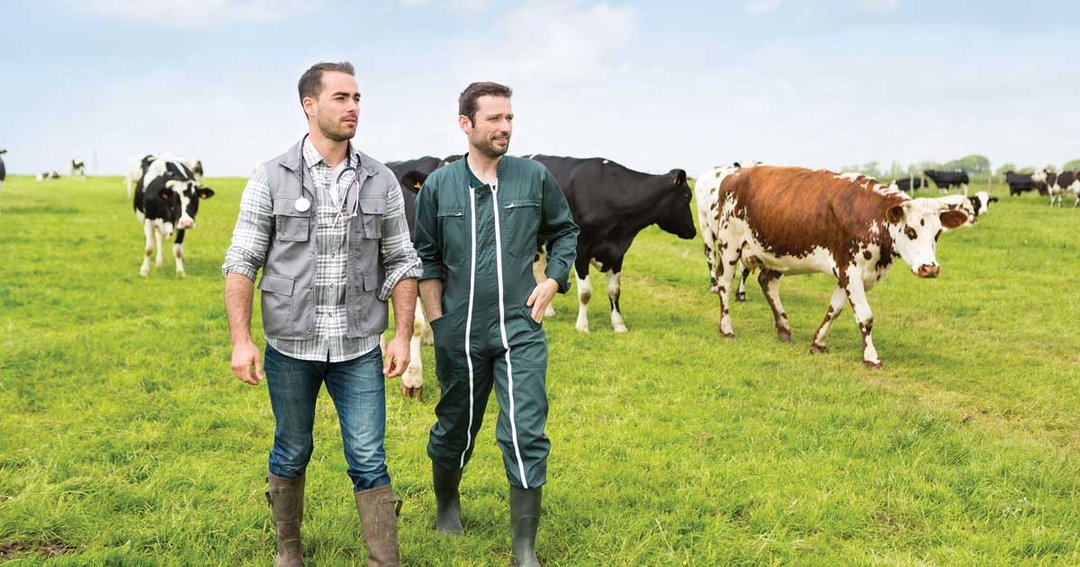2 Jul 2024
Farmers’ Union of Wales voices concerns about higher costs and weaker working relationships with the current state of the sector in a submission to an ongoing parliamentary inquiry.

Image © Production Perig / Adobe Stock
A farmers’ group has warned its members are experiencing higher treatment costs and weaker working relationships with vets amid the growth in corporate practice ownership.
The Farmers’ Union of Wales (FUW) has voiced its concerns about the current state of the sector in a submission to an ongoing parliamentary inquiry.
Meanwhile, a leading welfare charity has also urged Welsh politicians to consider offering financial incentives to encourage new vets to stay in the country after graduation. Details of the interventions were revealed in correspondence published ahead of a Senedd petitions committee meeting on 10 June.
The session was the first after senior figures in the profession gave evidence in response to a petition demanding an inquiry into what it termed the “corporate takeover” of Welsh veterinary services.
The FUW’s submission to the committee said members were concerned about the decline of independent veterinary services, citing Competition and Markets Authority figures suggesting nearly 60% of practices are now under corporate ownership.
Policy officer Elin Jenkins acknowledged there were potential benefits from the shift – particularly around medicine costs, as well as access to new treatments and technology.
But she also reported the view of some members that treatment costs had “increased substantially within practices owned by larger firms”, with options proposed by independents proving “often more affordable with comparable outcomes for the animal(s) being treated”.
She continued: “In addition, members also felt that it has become more difficult to forge a working relationship with their vet, as it is often not possible to be assigned the same vet from larger practices.
“The consequence of this lack of consistency means that long-term or ongoing issues are more difficult and time consuming to overcome, as the case has to be explained repeatedly.
“Farmers value the consistency of the services they receive from the same veterinarian, as they would have extensive knowledge of the farm history and livestock system, which can often prove beneficial in dealing with longer-term animal health issues.”
Until now, much of the discussion arising from the petition has focused on how domestic pet owners have been impacted by the shift towards corporate-led practice.
In its submission to the inquiry, Dogs Trust urged both the petitions committee and the Welsh Government to “review the veterinary industry as a whole to improve the services offered to dog and pet owners”.
The charity said it was concerned about the “affordability and coverage of veterinary care”, warning that an increasing proportion of pet owners were struggling to access services, leading to both delays in treatment and increasing pressure on the charitable sector.
The group also called for the Senedd to back calls for reform of the Veterinary Surgeons Act, as well as practical measures to encourage vets to continue practising in the country.
It said: “To increase the number of veterinary professionals in Wales, Welsh Government should explore introducing additional bursaries and scholarships for students who wish to study and work in Wales after graduating.
“This would ensure that the course is accessible for all students, regardless of socio-economic background, and may encourage graduates to remain in Wales.”
The committee is expected to report its findings, including recommendations for action under the Welsh Government’s existing powers, later this year.